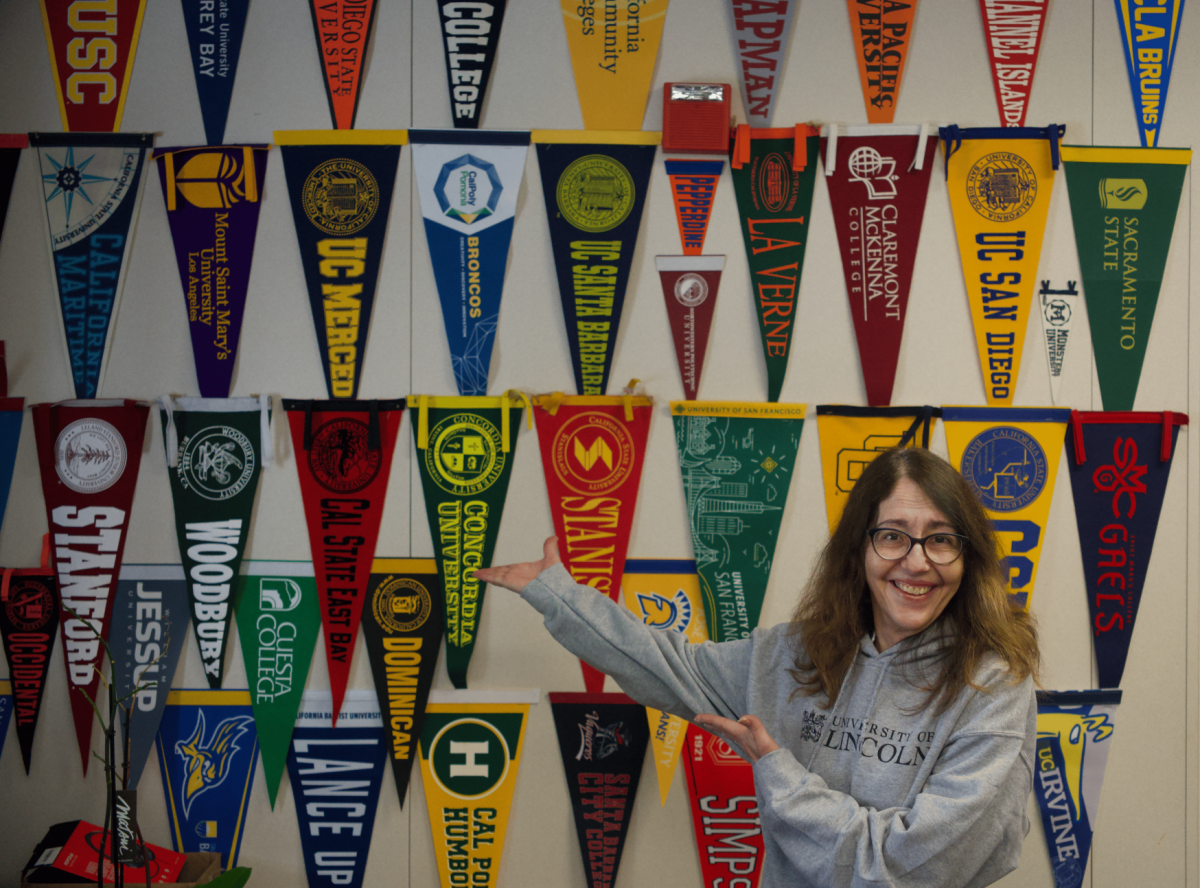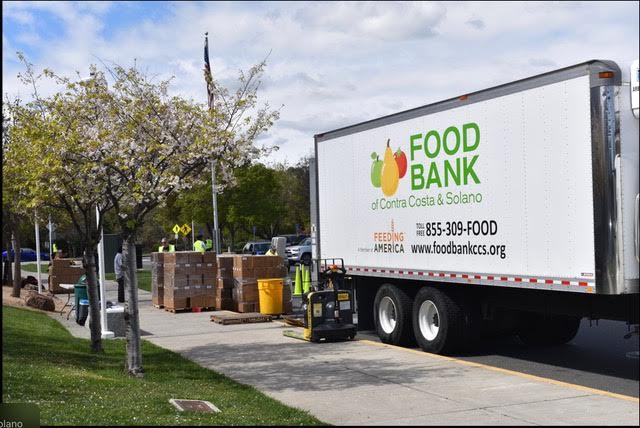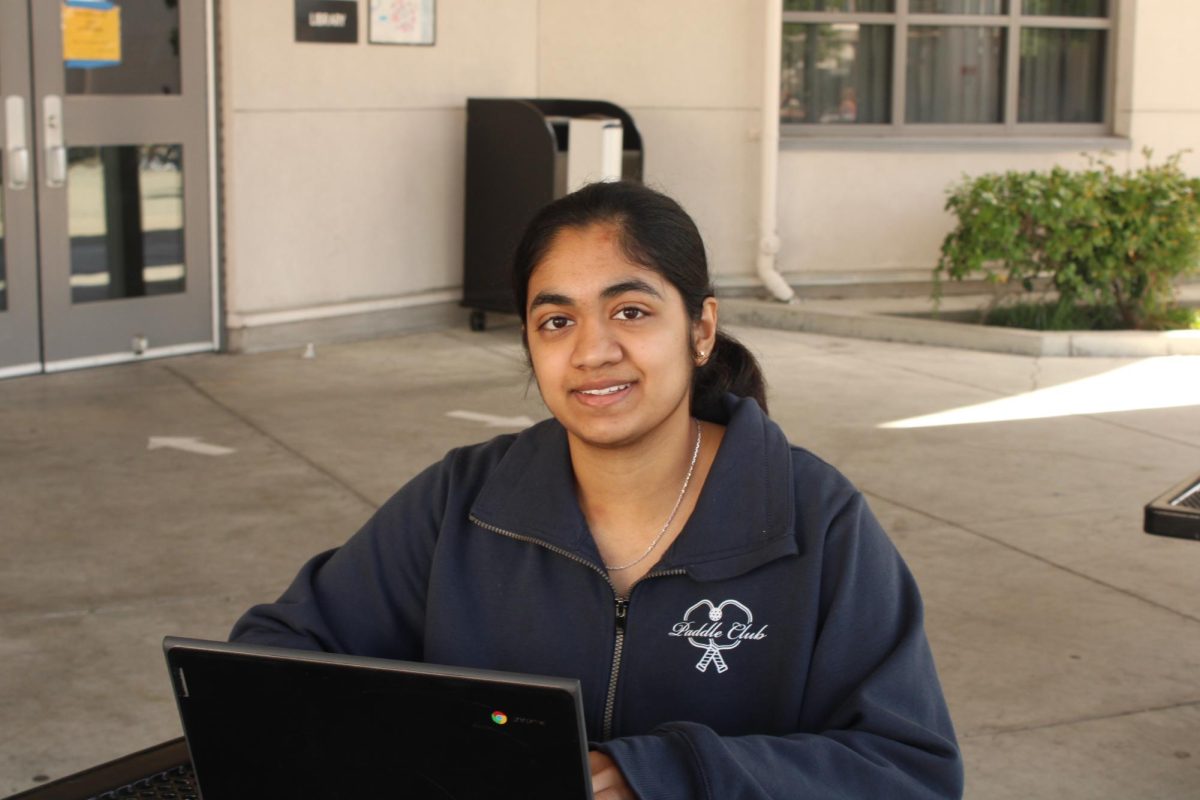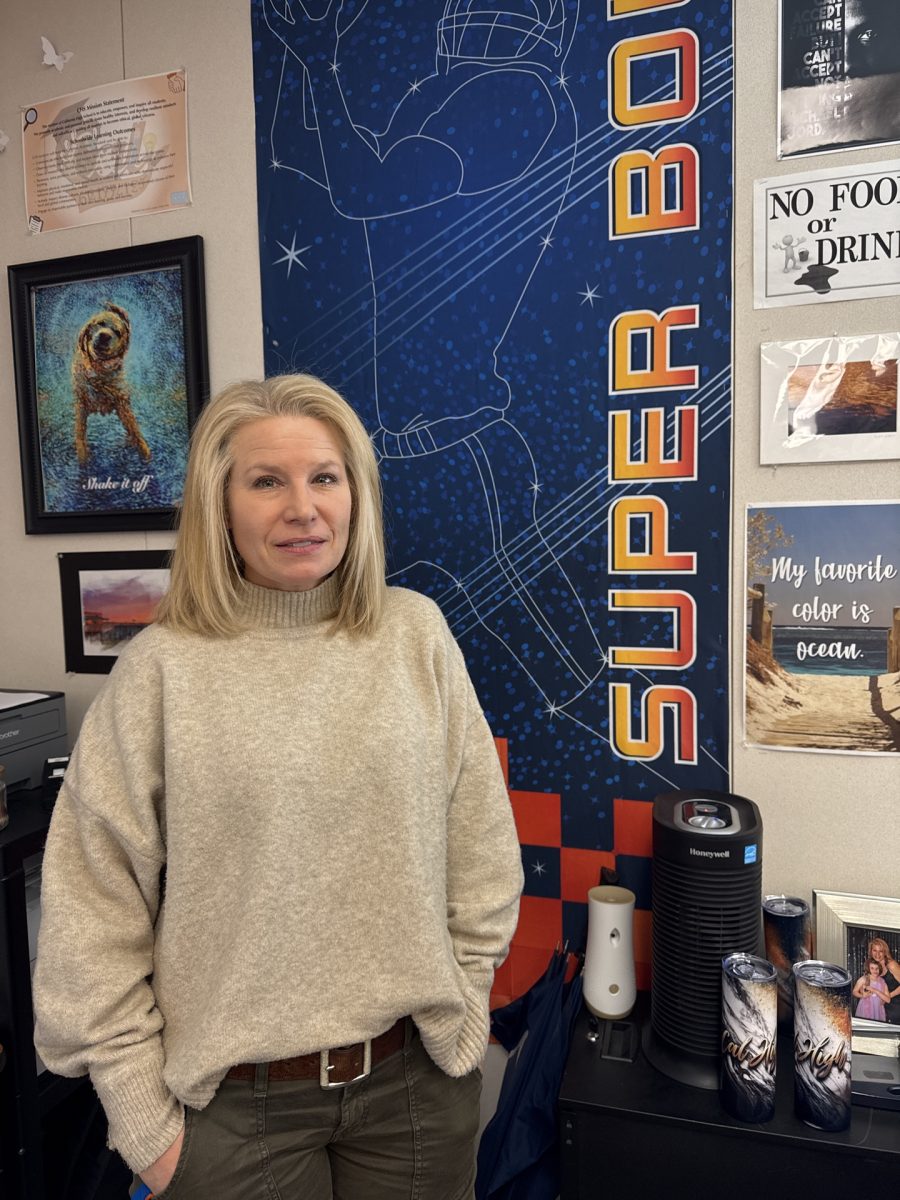As colleges continue to lower their acceptance rates each year, high school students are scrambling to add more to their college applications.
And one of the most popular additions of late is the involvement with pre-college programs.
Pre-college programs are offered during the summer by colleges for high school students to experience college life and academics. Students can delve into fields of interest, whether that be science, liberal arts or business.
Although College Matchpoint claims pre-college programs allow students to gain necessary skills to make a swift transition from high school to college, these programs are a gamble. CBS News highlights that in order to attend a summer-long course, it can cost up to $20,000. Colleges can earn more than $4 million in revenue from hosting these programs for a single summer.
College and career counselor Kathryn Nichols explained the social issue that such prices of these programs can cause.
“What [these prices] do is create an inequity for people who can pay for them and those who cannot,” Nichols said. “People do decide to choose pre-college programs [which] give you no advantage on your college applications. It says ‘This is what I am interested in,’ but it does not give you an advantage.”
Senior Daksha Chandragiri took the nine-day National Youth Leadership Forum (NYLF) Medicine & Health Care program at UCLA. Though she was able to connect with fellow students, she does not believe she got the grasp of what college life is like.
“The program itself was very medicine centered to the point they didn’t really talk too much about college,” Chandragiri said. “But with advisers and team leaders, you were able to talk to them and get tips about how to apply for college and things like that.”
Chandragiri believes that while pre-college programs are good opportunities to learn more and get college exposure, these programs can be expensive and hard to get into.
She believes pre-college programs are frequently used by students to boost college applications, leading to the lack of diversity in students’ stats.
“If you try and look for programs that are tailored for your interests I think it can be worth it,” Chandragiri said. “But if it’s something as generic as COSMOS (California State Summer School for Mathmetics and Science) and now NYLF is also picking up in the amount of applicants they’re getting, slowly the importance [of these programs] will diminish in college applications.”
Chandragiri stressed the importance of showing individuality on college applications. So instead of focusing on pre-college programs, she thinks it may be better to find different opportunities that allow students to take more of a leadership role.
Sophomore Dhrithi Rao shared her views on the price of these programs.
“There are free programs as well as programs that are tens of thousands of dollars,” Rao said. “You would have to do research on what the program offers and really consider if the price is worth it. But yes, a lot of programs definitely charge way too much in my opinion.”
Senior Kadon Liang attended COSMOS, which is a four-week pre-college program where students can study STEM subjects at a UC campus of choice. Liang chose UCLA.
“My friend who was one year older than me was applying for programs and mentioned COSMOS to me,” Liang said. “It seemed interesting because there are a lot of different options for different subjects. I did one on sustainability but there were ones on mathematics, robotics and engineering.”
Liang said these programs are costly, but she believes they are worth it if you go in with the right intentions.
“I would say [pre-college programs] are a money grab in the sense that certain people go to these programs just because of the name,” Liang said. “But it’s sometimes worth that price to stay in a college and learn from that experience.”
Along with providing students with experience, these programs can help students make connections with fellow students and professors with similar interests.
In fact, one of Liang’s professors at the COSMOS program in which he participated is the CEO of a company. After meeting Liang through the program, he offered Liang a position at his company as a project lead.
“There is definitely room for connections but you have to work for it,” Liang said. “It’s a lot about going out of your way and letting people know what you are passionate about and that you are willing to help.”
Some of programs’ rigorous schedules of morning lectures, afternoon labs and an extended project can give students an idea of what college will be like. Liang said he got an idea of how living on campus felt as well as the work-life balance college demands.
“I think [pre-college programs] do in a sense take advantage of college names,” Rao said. ”It definitely depends on what the programs offer, but I think there are other ways to make you a good candidate for colleges that don’t include paying the price point of these programs.”
Nichols also mentioned alternatives available for students over the summer instead of these pricey programs, such as taking college classes at Diablo Valley College (DVC). Students can take DVC courses that they may not be able to fit in their high school schedule, allowing them to build their college transcript.
DVC also offers career academies which are short-term college courses that allow students to explore different career fields, such as animation, cybersecurity and robotics.
“Pre-college programs elevate yourself academically,” Rao said. “But I think shadowing is a good way to gain exposure to your field of interest and makes you think about whether or not you actually want to pursue a career in your field of interest since it really gives you a hands-on experience and feel for things.”
Getting workplace experience in a career path one’s considering is important because it allows students to recognize early on whether working in that workplace or field is something they enjoy and can visualize doing in future years.
Students can do this by getting a job affiliated with a field of interest or opting to shadow professionals.
Liang thinks that pre-college programs are definitely worth looking into, even if they aren’t right for everyone.
“If you are going to do a pre-college program think about [if] this is right for me and will this help me decide where I want to go in the future,” Liang said. “You are not doing the pre-college program to do what you’re doing, you have to figure out what your next steps are after.”
Many pre-college programs are popular with students
Summer programs allow students to explore passions and experience college life
Zoya Iqbal, Staff Writer
May 1, 2025
Kathryn Nichols displays many college banners she has collected through her years as Cal’s career counselor. She said pre-college programs are promoted to help prepare students.
More to Discover
About the Contributors

Zoya Iqbal, Staff Writer
Sophomore Zoya Iqbal is excited for her first year as a member of the Californian. She is looking forward to collaborating with other people and trying new things. On trying new things, she has also recently joined XC and took on baking. In her free time Zoya enjoys hanging out with friends and family, listening to music, and binge watching. She can’t wait to make new friends and memories this year.
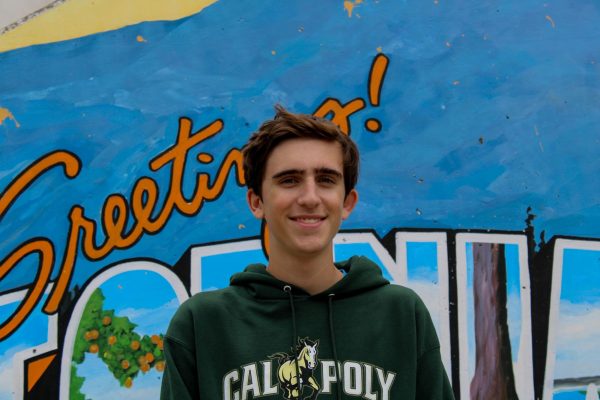
Ryan Clark, Staff Writer
Ryan Clark is a junior and is beginning his first year at the Californian Paper and is looking forward to providing quality and consistent photos to the paper. Ryan is an avid photographer and cinematographer who enjoys making short films and going out to take photos every month. He currently does landscape, sports/action, and automotive photography and shares his creations with the world using Instagram. He also does Amateur Radio and runs the Cal High Amateur Radio Club. He also enjoys computer programming and home networking. In the future, he hopes to become either a professional photographer or a System Administrator for a large tech company.
